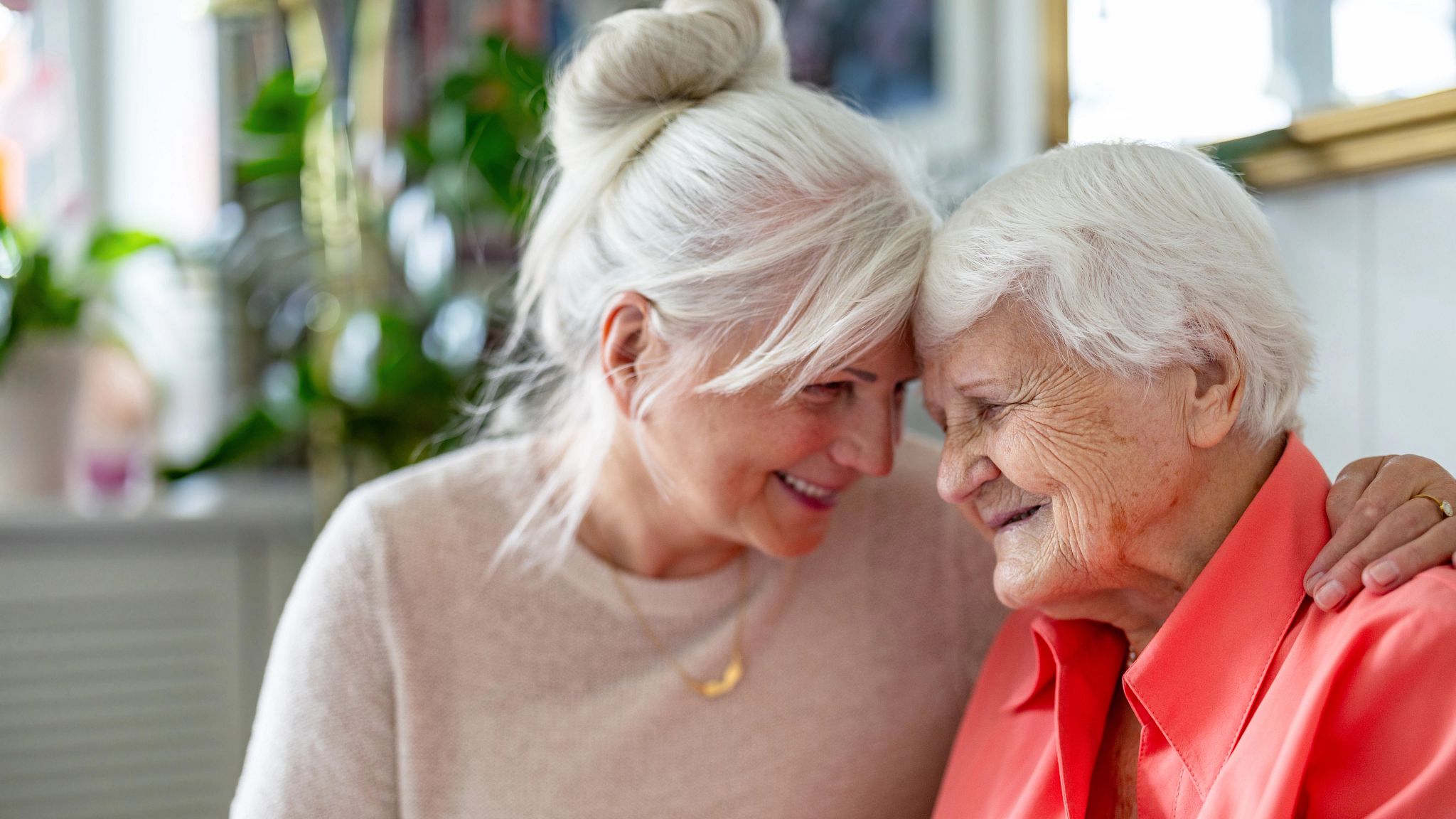AARP Hearing Center

Depression. Thoughts of suicide. Job loss. The unpaid role of being a family caregiver for a loved one living with Alzheimer’s disease or other forms of dementia comes with many risks and challenges, but it is one that increasing numbers of people are taking on as our population ages.
More than 6.7 million people across the United States, including 76,000 Coloradans, are living with an incurable disease: Alzheimer’s. Sharing the burden are the 11.5 million unpaid family caregivers (160,000 in Colorado) who volunteer their time and resources and, often, sacrifice their own health to provide care for their loved one.
“There are many different ways that caregivers are impacted by this disease,” said Jim Herlihy, spokesperson for the Alzheimer’s Association of Colorado. “These are the unsung heroes. While the medical community is still searching for a cure to give us the first survivor of Alzheimer’s, these family members and friends carry a heavy load.”
Following are 10 key ways that the process of caring for a loved one with Alzheimer’s or other forms of dementia impacts those volunteer caregivers:
In the workplace
- Change schedules: 69% of working caregivers report rearranging their work schedule, decreasing their hours, or taking an unpaid leave in order to meet their caregiving responsibilities
- Quitting jobs: 17% quit their jobs either before or after taking on caregiving responsibilities
- Leave of absence: 15% take a leave of absence
- Lost productivity: Caregivers’ productivity in the workplace drops 18.5%
Personal/financial health
- Emotional stress: 59% of dementia caregivers rate their emotional stress as high or very high
- Depression: 30% to 40% of dementia caregivers report depression, higher than caregivers for those with schizophrenia (20%) or stroke (19%)
- No rest: 59% of caregivers felt they were “on duty” 24 hours a day in the last year of life of their loved one
- $12,388: the average out-of-pocket amount spent annually by a family caregiver for food, medication or other essentials for their loved one
- Physical deterioration: studies show dementia caregivers were 41% more likely to become increasingly frail during their time as caregiver
- Suicidal ideation: 32% of dementia caregivers with a mean age of 64 think about or make plans for suicide vs. 2.7% of U.S. adults age 56 and over
Contact: Jim Herlihy, Marketing & Communications Director (720) 699-9286 or jherlihy@alz.org
This is not an AARP event. Any information you provide the host organization will be governed by its privacy policy.































































